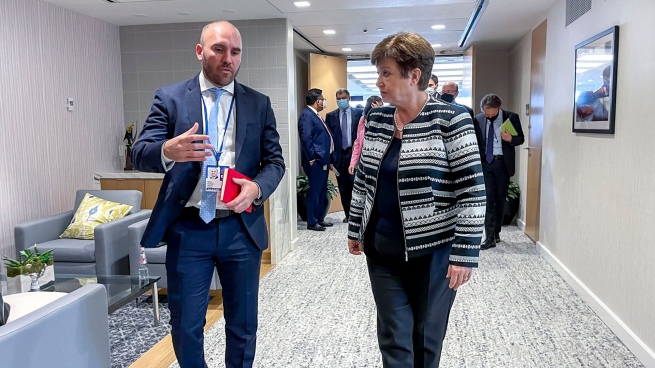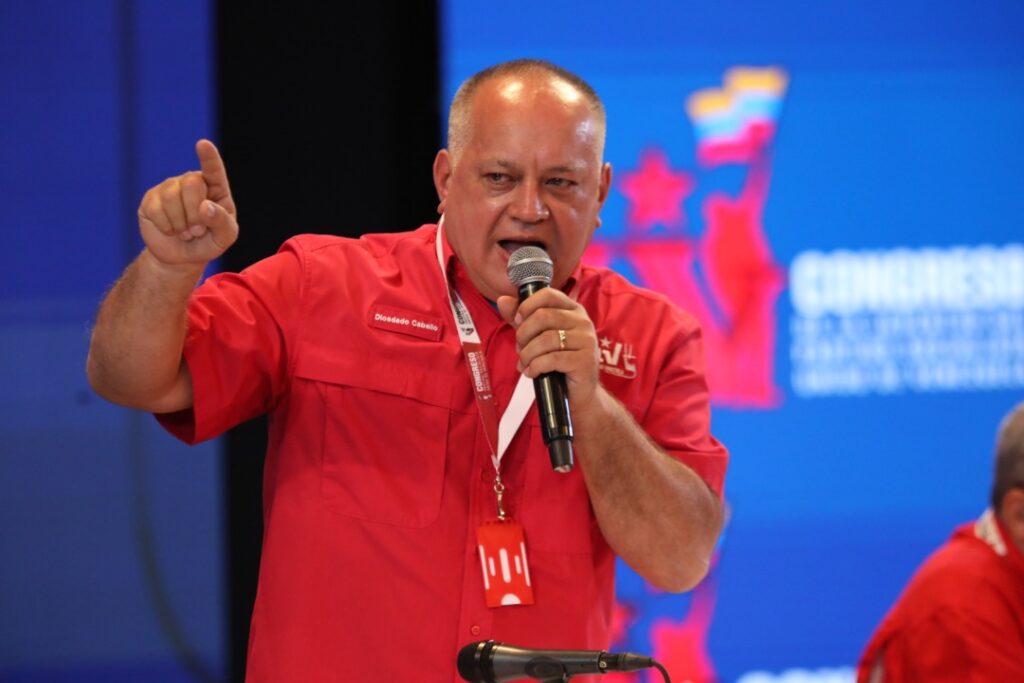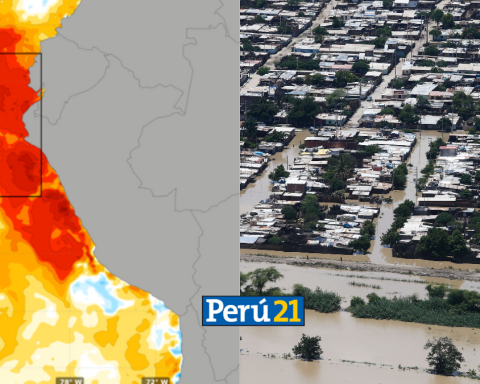The Minister of Economy, Martín Guzmán, was confident in Washington DC that he will be able to pass the first review of the program with the International Monetary Fund (IMF), scheduled for May, at the same time that he sought to promote energy development in the country.
This review will be key to triggering the disbursement of approximately US$4,150 million, which will serve to cancel the maturities of the debt with the agency for US$3,800 million scheduled for next June, and accumulate the rest in reserves.
The Argentine official stated that the goals of the agreement of Argentina “are not going to change” and they are even going to “prioritize the expenses of social protection”after yesterday’s meeting with the managing director of the multilateral organization, Kristalina Georgieva, which was the culmination of a week of intense meetings with the Fund’s staff, bilateral meetings and with businessmen in that city.
“We have exceeded the fiscal goals for the first quarter, and we have managed to accumulate reserves,” Guzmán assured the press, at the end of the meeting that took place within the framework of the Spring Assembly of the IMF and the World Bank, in the capital of the United States. USA.
“We have exceeded the fiscal goals for the first quarter, and we have managed to accumulate reserves”Martin Guzman
Before, with businessmen, he had affirmed that “The fundamentals of the economy are improving, foreign exchange reserves are growing, monetary financing is decreasing; the exchange rate gap, which exists, has also decreased, it has been reduced by about 40 points in the last two months”he highlighted.
The head of the Treasury Palace analyzed with Georgieva that “the fiscal path was in line with what was agreed, there is overcompliance with respect to the monetary issue reaching 0.15% of the product”, and “growth in the accumulation of reserves was obtained international”.
The accounts of the National State closed March with a deficit of 99,753 million, for which the first quarter showed a negative primary result of $192,735 million, when the deficit agreed with the IMF for the Extended Facilities Agreement reached $222,264 million.
Very good meeting with Minister @Martin_M_Guzman. We discussed Argentina’s continuing economic recovery, challenge of tackling inflation in the face of Ukraine war shock, and progress towards the first review of the program. #IMFMeetingspic.twitter.com/BCQ1ilHSLM
— Kristalina Georgieva (@KGeorgieva) April 22, 2022
For her part, Georgieva highlighted on Twitter the “Very good meeting with Minister Martin Guzmán”after meeting the minister, adding that during the dialogue they both discussed “Argentina’s continued economic recovery, the challenge of addressing inflation in the face of the impact of the war in Ukraine, and progress towards the first review of the program.”
Both the IMF and the Argentine government agreed that Argentina’s problem is managing to combat inflation.
In this regard, Minister Guzmán emphasized that “The economic program helps Argentina to continue growth and attack inflation”.
For her part, Georgieva referred to the current situation and prospects for Argentina during a press conference: “We have a common goal, and that is to have a program that can be successfully implemented and help the Argentine people. So the biggest challenge ahead of us is being able to implement it”.
“And in that sense -he continued- of course the implementation must include a recalibration that takes into account the impact of global changes on Argentina”.

The head of the Fund noted that “some changes are good because (Argentina) is an exporter of raw materials.”
However, he added, “The big risk is inflation which, as you know, has also been pushed by exogenous factors and therefore a lot of attention will be placed on trying to get inflation down to a point where people in Argentina have confidence to save in their own currency”.
Despite this scourge that afflicts Argentina, the Fund raised the country’s growth projections to 4% in 2022, resulting in an improvement of one percentage point compared to last January’s forecasts.
For his part, Guzmán, when participating in the forum of ministers and presidents of Central Banks of the G20 that took place in the middle of the week, recognized that “The most complex challenge, consistent with Argentine history, has been the inflationary problem and the context of the war in Ukraine has intensified pressures”.
The official added that the armed conflict in that country has tremendous consequences on the prices of food, energy, metals, it is a profound alteration of the supply chains.
Both in the meeting with Georgieva and in the dialogue with the Director of Operations of the World Bank, Axel Van Trotsenburg, as in many of the bilateral meetings that Guzmán held in Washington, the international context and in particular the implications of the war were analyzed between Ukraine and Russia, which are generating an inflationary process at a global level.

During the summit of finance ministers and presidents of central banks of the member countries of the G-20 and the International Monetary and Financial Committee, the differences of opinion that led to that meeting between the different countries in the face of the war in that part of Eastern Europe, which prevented the elaboration of a joint declaration.
Meanwhile, before businessmen and investors, Guzmán encouraged investment in energy in Argentina, and more specifically, in the Vaca Muerta unconventional formation.
Guzmán made this appeal within the framework of the “Atlantic Council”, a meeting attended by businessmen, representatives of multilateral organizations and the main business consultants.
“We hope to be self-sufficient in gas soon. We are building a gas pipeline (in Vaca Muerta) that will connect the south with the north of Argentina and will significantly increase production capacity,” explained the head of the Palacio de Hacienda.
The construction of Néstor Kirchner gas pipeline “is a great opportunity for Argentina; it will have significant effects in terms of the competitiveness of our country, in terms of stability of the balance of payments and it also helps to reduce subsidies, because it lowers the cost of production, of energy”Guzman concluded.
















